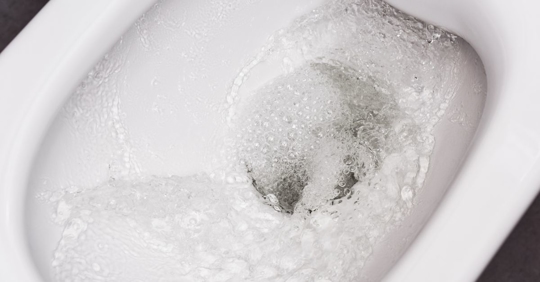When it comes to your home's plumbing, your toilet is more than just a convenience; it’s a critical component of a healthy and functional system. However, even the most reliable plumbing can face issues if certain items end up in your toilet. To keep your system running smoothly and avoid costly repairs, it’s essential to understand what doesn’t belong in your toilet.
The Top Items to Never Flush
While the idea of flushing things for convenience might seem harmless, many items are hazardous to your plumbing system. Here’s a breakdown of the most common culprits:
1. Wet Wipes (Even "Flushable" Ones)
Despite being marketed as flushable, most wet wipes don’t break down like toilet paper. They can accumulate in pipes and contribute to stubborn clogs, leading to backups that require professional intervention.
2. Feminine Hygiene Products
Tampons, pads, and other hygiene products are not designed to dissolve in water. These items expand when wet, increasing the risk of blockages that can impact not just your home but also public sewer systems.
3. Paper Towels and Tissues
Paper towels and facial tissues are thicker and sturdier than toilet paper, making them unsuitable for flushing. These products can create major obstructions in your pipes over time.
4. Grease, Fats, and Oils
Although it’s more common to dispose of these in the sink, some people pour grease or oils down the toilet. These substances solidify as they cool, creating sticky blockages that lead to expensive repairs.
5. Cotton Swabs, Dental Floss, and Hair
Small, fibrous items like these may seem too insignificant to harm your plumbing, but they can tangle together in your pipes, forming larger clumps that block water flow.
6. Medications
Flushing old medications doesn’t just risk clogging your plumbing; it also poses environmental hazards. Always dispose of unused medications through proper pharmaceutical disposal programs.
Why These Items Cause Problems
The issue with flushing non-biodegradable items comes down to how plumbing systems are designed. Toilets and pipes are intended to handle water, human waste, and toilet paper, which breaks down easily. When materials that don’t dissolve are flushed, they can stick to pipe walls, build up over time, and block the flow of water. These clogs can lead to leaks, water damage, or even the need to replace sections of your plumbing system.
Additionally, these items don’t just affect your home. They can wreak havoc at wastewater treatment plants, causing costly repairs at a community level and harming the environment.
How to Prevent Plumbing Disasters
1. Dispose of Trash Properly
Keep a small waste bin in your bathroom to dispose of items that aren’t meant to be flushed. This simple step can save you significant stress and expense.
2. Stick to the Basics
Remember the golden rule of flushing: only flush human waste and toilet paper. If in doubt, throw it out.
3. Schedule Routine Maintenance
Even with careful habits, pipes can experience wear and tear over time. Routine inspections and maintenance from trusted professionals can catch small problems before they turn into disasters.
Call in the Experts
While careful flushing habits go a long way in protecting your plumbing, problems can still arise. If you’re dealing with clogs, backups, or other plumbing issues, it’s crucial to act quickly. At William J. Guarini Inc., we specialize in dependable and efficient plumbing solutions. Our team is ready to help you tackle any challenge and keep your home running smoothly.
Contact us today to learn more about how we can assist you with all your plumbing needs!

